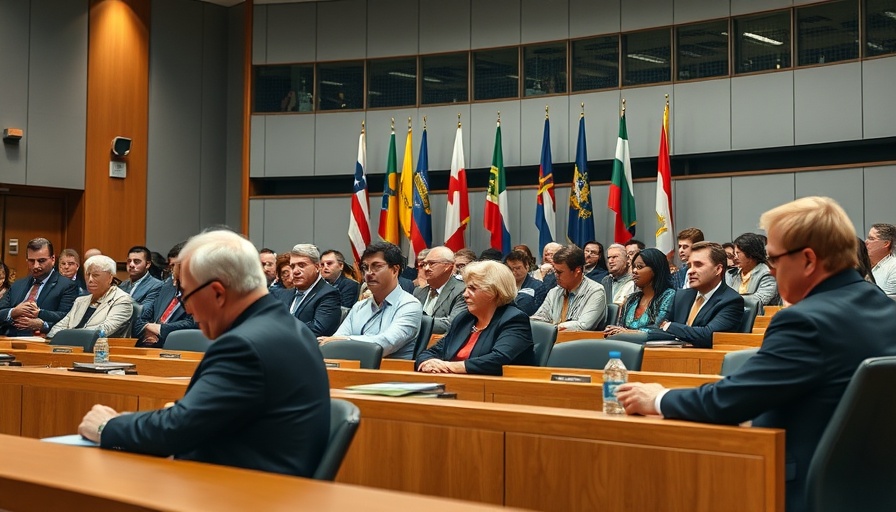
Funding Aimed at Stabilizing Austin Families
The City of Austin’s Homeless Strategy Office (HSO) has taken a commendable step forward in combating family homelessness with a significant funding opportunity. Announced on May 13, 2025, this initiative offers up to $300,000 in support aimed at providing essential services and resources for families facing homelessness in the city. This funding, sourced from the City of Austin General Fund, reflects the city council’s commitment as part of the Fiscal Year 2025 budget to address housing stability.
Understanding the Need for Family Support Services
The need for support services for families experiencing homelessness is ever-present, especially in combination with the challenges posed by rising living costs and housing scarcity. With many families at risk of homelessness or in precarious situations, this funding seeks not only to address immediate challenges but also to foster long-term stability. As stated by David Gray, Austin's Homeless Strategy Officer, strengthening family foundations is critical in aiding parents to cover essential needs and helping them connect with vital resources. This comprehensive approach positions families to not just survive but thrive in their communities.
Strategies for Effective Allocation of Funds
Eligible organizations can apply for this funding until June 12, 2025, focusing on various strategies to assist families in securing stable housing. These support services may include temporary financial assistance, which is essential for families trying to find housing solutions. Additionally, the funding can extend to short-term services that effectively connect families to necessary resources—such as healthcare, educational support, and workforce development measures. The emphasis here is on a collaborative approach, bringing together various service providers to ensure families receive a holistic suite of support.
The Importance of Community Collaboration
The city recognizes the need for multifaceted support for families facing homelessness, which is why the funding aims to improve coordination among service providers. This includes collaboration with schools, health care organizations, and youth programs. By sharing resources and information, these organizations can more effectively address the unique challenges families face in Austin. Ultimately, this initiative looks towards not just alleviating homelessness but preventing it from reoccurring.
Long-Term Impacts on Austin’s Families
District 5 Council Member Ryan Alter has been a vocal advocate for this funding, emphasizing the moral imperative to ensure every child has a place to call home. He expressed that no one should have to face the profound uncertainty of homelessness, particularly during formative years. This funding opportunity aims to ensure that families have not just a roof over their heads but also a support system that enables them to seek opportunity and build a brighter future for their children.
Looking Ahead: Future Contracts and Community Engagement
Assuming successful applications and city council approval, contracts for this funding are anticipated to commence on September 1, 2025. Families and supporters alike should be encouraged to engage with local agencies and stay informed about these developments, as they hold significant promise for improving housing outcomes and overall community health.
The Broader Context of Homelessness in Austin
The funding announcement comes at a critical time for Texas cities grappling with rising homelessness rates amidst surging housing costs and economic uncertainty. By focusing on families, the city is making a strategic decision to tackle homelessness at its roots—a preventative approach that could yield significant social benefits in the long run. Understanding the challenges facing Austin families requires shining a light on how local government, nonprofits, and community members can work together to create an even stronger safety net.
As this funding opportunity evolves, community members are encouraged to participate in discussions with local representatives and service providers to advocate for sustained support and engagement in homelessness solutions. By fostering open lines of communication, Austin can not only counter homelessness but also enhance community resilience for years to come.
 Add Element
Add Element  Add Row
Add Row 



 Add Row
Add Row  Add
Add 


Write A Comment